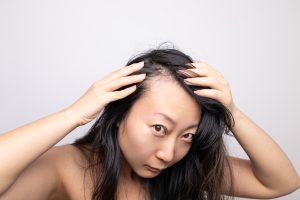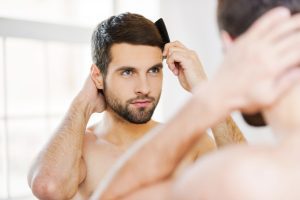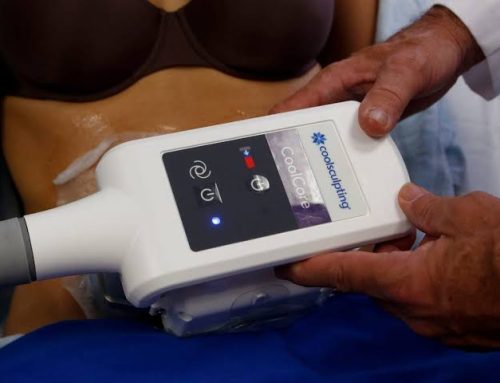Introduction
Hair loss can be a distressing experience, affecting both self-esteem and confidence. It’s no wonder that many people consider hair transplant procedures to restore their luscious locks. However, there’s an ongoing debate about the best age for a hair transplant. In this article, we’ll delve into the types of hair loss, methods like FUE and DHI, the different considerations for men and women, the success rates, and ultimately, answer the question of whether there’s a perfect age for hair transplants.

What are different types of hair loss?
Before discussing the ideal age for a hair transplant, it’s essential to understand the types of hair loss. Androgenetic alopecia, also known as male or female pattern baldness, is the most common cause. Other forms include alopecia areata, telogen effluvium, and scarring alopecia, each requiring unique considerations for treatment.

What is FUE Hair Transplant?
FUE is a minimally invasive hair transplant technique that involves extracting individual hair follicles from the donor area and implanting them in the recipient area. It is known for its precision, minimal scarring, and quicker recovery time, making it a popular choice for various age groups.
What is DHI Hair Transplant?
DHI is an advanced variation of FUE that offers quicker, more precise implantation. In this method, hair follicles are extracted and implanted simultaneously, reducing the time they spend outside the body. While this method can be effective at any age, it’s particularly advantageous for those looking for a quick and discreet solution.
Who loses more hair? Male or female?
Both men and women experience hair loss, but the patterns and causes can differ. For men, male pattern baldness usually begins in their late teens to early 20s. For women, hair loss is often related to hormonal changes and can occur at any age. Thus, the ideal age for a hair transplant varies between genders and depends on individual circumstances.

What is the success rate of hair transplant?
The success of a hair transplant isn’t solely determined by age. Factors such as the surgeon’s skill, the quality of donor hair, and the extent of hair loss all play a significant role. However, younger patients often have higher success rates due to better donor hair quality and less extensive hair loss. Nonetheless, older individuals can still achieve remarkable results with the right approach.
What is the best age for hair transplant?
There isn’t a one-size-fits-all answer to the question of the best age for a hair transplant. The decision should be based on individual needs and circumstances. Younger patients with male pattern baldness may consider a hair transplant in their mid-20s, as they are more likely to have better donor hair quality and fewer complications. For older individuals, the success of a hair transplant can still be high, but it’s essential to set realistic expectations and consult with a qualified surgeon.

Conclusion
Hair transplants can be a life-changing solution for individuals suffering from hair loss. The optimal age for a hair transplant varies from person to person, depending on factors like the type of hair loss, the chosen method, and individual needs. Consultation with a skilled surgeon is crucial to determine the most suitable approach, ensuring that the results are both natural and satisfying, regardless of age.
Disclaimer: The content on this blog is intended for general informational purposes only. It is not a substitute for professional medical advice, diagnosis, or treatment. Always consult qualified healthcare providers for personalized advice. Information regarding plastic surgery, dental treatment, hair transplant, and other medical procedures is educational and not a guarantee of results. We do not assume liability for actions taken based on blog content. Medical knowledge evolves; verify information and consult professionals. External links do not imply endorsement. By using this blog, you agree to these terms.










